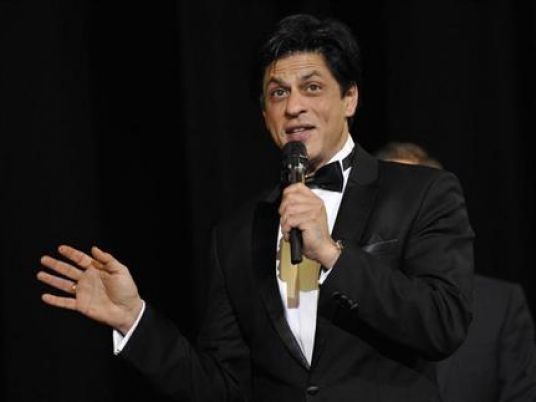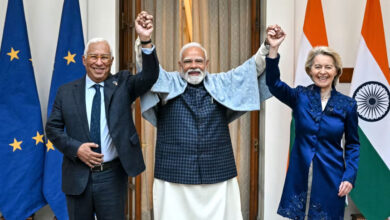
Bollywood is looking for its next superhero, one that can swoop in and provide entertainment to a business bereft of new ideas. Its name might be Franchise Man.
At least two studios are focusing on franchises, writing scripts and developing stories that will span at least three films.
This is a new concept for Bollywood. In the past, the industry used the term “franchise” loosely. Typically, producers inched their way toward sequels, greenlighting them only once the first film proved successful. Subsequent movies in the series didn’t even necessarily share anything but the name.
The “Krrish” superhero series and the “Dhoom” action franchise started as one-offs, for example.
That might be about to change. Eros International, one of Bollywood’s biggest studios, recently launched a separate in-house production wing that would “build franchises with lasting value,” according to a press release. Abundantia Entertainment, an independent studio, recently released “Baby”, a fast-paced, slickly produced thriller about an elite anti-terrorist squad, which opened to glowing reviews in January. Work on the second film in the “Baby” franchise has begun.
“Franchises are about creating long-lasting brands. If it has worked in other sectors in India, why not entertainment?” said Ajit Thakur, the head of Trinity, Eros’s in-house production wing that will develop scripts that could spawn franchises. The studio’s board includes David Maisel, the former chairman of Marvel Studios, whose comic book characters such as “Captain America” and “Iron Man” were effective movie franchise anchors.
The source of the franchise fervour is Hollywood, where such films are top-grossers at the box office. Even in India, the top Hollywood hits over the last three years have been franchises such as “Avengers”, “Spider-Man” and “Transformers”. They have done well because of recall value among India’s young moviegoers.
“India is skipping generations in terms of audience tastes. The younger generation is far more aligned to the West in terms of what content they want to watch,” said Vikram Malhotra, head of Abundantia Entertainment.
He said his company was working on a franchise model that would work across platforms, including television, mobile and merchandising.
Bollywood is notoriously short-sighted about its content, and studios and producers often back stars rather than scripts. Thakur of Trinity said backing a franchise is risky in an industry that doesn’t believe in long-term planning.
“It is going to be new for the market, thinking like this. Yes, the initial development will be longer, but it has higher value because subsequent films have a higher degree of anticipation. We will only greenlight a film if the character graph can span three films,” Thakur said.
He said Trinity’s first release should come by the end of this year, but refused to give specifics.
Making franchises work might not be as easy as it appears. “I can understand the reasoning from a commercial point of view. Franchises have greater recall value, have a greater chance of succeeding, but it is not easy to set out to make one. What if the first one doesn’t work?” said Vijay Krishna Acharya, who wrote all three films in the “Dhoom” franchise.
Acharya, who said he would not have written the second and third scripts if they hadn’t made the cut as individual films, feels audiences in India react differently to franchises than international moviegoers. “Increasingly, because of high ticket rates, Indians are going for tent-pole films, or event films, but even those have to have content that appeals to them. If the content in the second and third “Dhoom” films hadn’t worked for them, those films wouldn’t have worked.”




